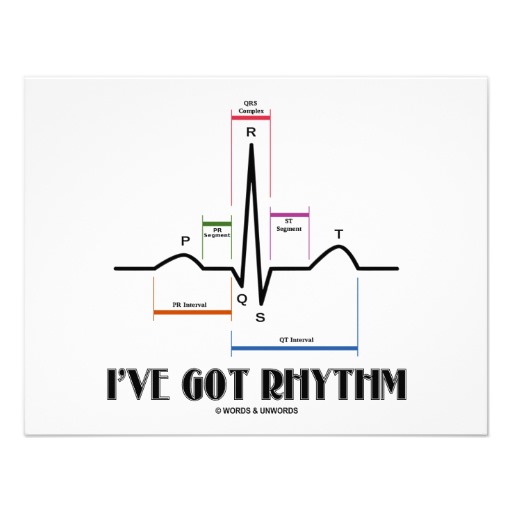Electrocardiogram (EKG)

Definition
An electrocardiogram or ECG is a graphic record of the electrical impulses of the heart. These impulses are conducted to the external surface of the body where they are detected by electrodes. It is important to realize that the ECG does not depict the actual physical state of the heart or it’s function, but rather the electrical activity. These impulses (or your heart rate) are normally discharged 60 to 100 times per minute.
Before The Test
- There are no dietary restrictions prior to this test.
- Please bring all of your current medications with you, or provide us with an accurate list. (include dosage and number of times you take medication in a day). Certain cardiac medications can slow the heart rate, and it will be helpful to know if you are on any of this medication. In contrast, certain cold and sinus medicine can increase your heart rate, and this information will be valuable to your physician.
- Do not wear a one piece jumpsuit, as you will be asked to undress from the waist up. Women will be provided a half gown, or cape to wear.
During The Test
- A trained medical assistant (or nurse) will place several electrodes (small sticky patches) on your chest. Men may need to have areas of their chest shaved, to ensure that the electrodes stay in place.
- The electrodes are connected by wires to an ECG machine.
After The Test
- Immediately after the test, the physician can give you a complete interpretation.
- If the test is abnormal or inconclusive, you doctor may order additional tests.
